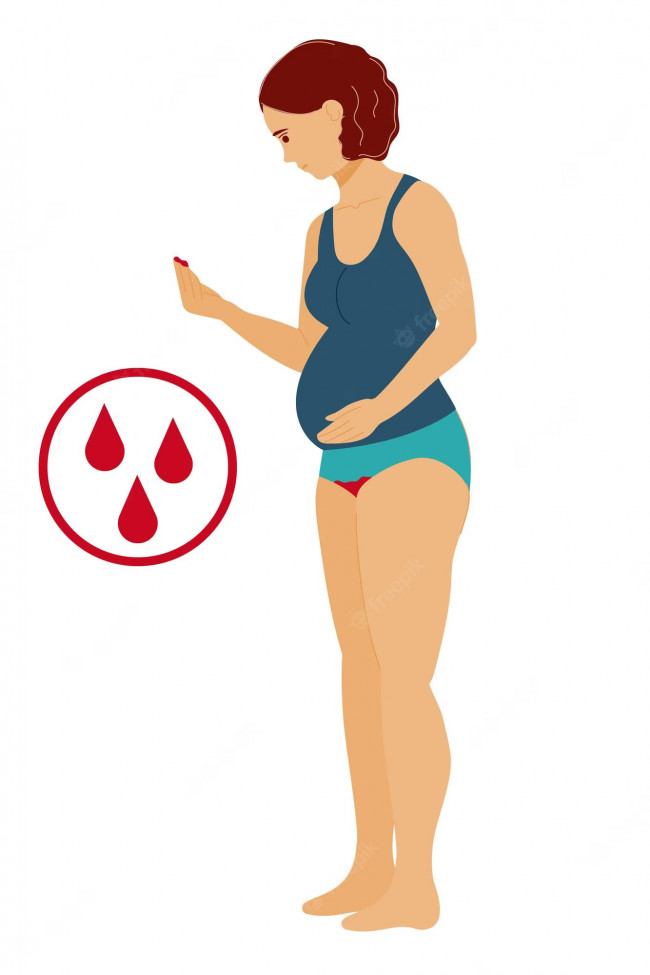
People naturally compare two things, and when they do so, jealousy emerges from the comparison. The most destructive poison one can ever consume is the emotion of jealousy. It drains the soul of its good energy. Being jealous makes you feel inadequate, insufficient, and unhappy, which is self-defeating, self-destructive, frustrating, and threatening. The majority of us have experienced jealousy at some point. It is a typical emotional reaction that can make you feel mildly irritated or like there is a fire consuming you and about to erupt inside of you. Jealousy is the mother of rage, hatred, destruction, unhappiness, depression, and worthlessness, among other negative emotions. Your growth is halted if it is not promptly controlled.
How do you feel when you are jealous?
When you feel jealous, you might think that someone else is getting the love, adoration, or attention you desire for yourself, which is given by the person you desire. You feel distant from others, evasive, or angry with yourself or others. Your actions turn hostile and offensive. You attempt to get what you want by any means, even if it means compromising your morals. You might want to cause harm to your rival. You're worn out, lonely, and unhappy.
What makes us feel jealous?
- Ignorance and a lack of understanding
You generate jealousy-related thoughts because you don't have the necessary self-awareness. The uniqueness of every person in life is frequently overlooked. It follows that their journey and destiny were unique. But when you're feeling envious, you start putting yourself in comparison to people who are more talented, wealthy, attractive, healthy, or well-known than you. You start to feel uneasy, threatened, and even stop appreciating what you already have in Favour of focusing solely on what you don't have.
2. Beliefs about Success
Everyone desires to lead a happy and prosperous life. In some society, success and happiness are defined by having a lot of money, fancy cars, a big house, a good name, and so on. This wouldn't be the case if success were to be linked to and glorified alongside the virtues of knowledge, health, hard work, honesty, and truthfulness. There won't be any question of jealousy because all students will feel confident and highly value themselves.
3. Natural tendency to put oneself first
The desire to possess knowledge, power, money, fame, and other things is innate in humans. In the process of accumulating things, a person develops the desire to surpass others, which sparks intense jealousy. It all begins with sibling rivalry, in which kids vie for their parents' love and attention as well as toys, clothes, and other items. This journey of jealousy creates chaos when it meddles in the relationships of husband and wife, brothers and sisters, neigh Bourse , etc.
7 tips for overcoming with jealousy
Here are some suggestions on how to manage your jealousy in a healthy manner, regardless of whether you tend to be envious in romantic relationships, friendships, or other situations.
- Identify your insecurities
The clinical psychologist Rd. R.K. Suri, a certified marriage and family therapist, advises individuals to be honest with themselves about their insecurities, where they originate, what they do to maintain them, and what they might begin doing to do so.
This can be accomplished through journaling, meditation, or counselling. With the help of an online counselling service and a mental health professional, you can learn how to identify the cause of your jealousy and how to handle it.
2. Boost self-acceptance and self-esteem
Building self-esteem can reduce jealousy. Self-awareness is necessary for self-acceptance. Make a list of the qualities and possessions you have that others don't, sit down when jealousy strikes, and bask in that knowledge. You must accept who you are, not who you should or shouldn't be, in order to be self-aware. Set your own objectives for success and happiness. Instead of living for other people, lives your own life. Focus on bettering yourself rather than worrying about others. Making you feel inferior to others is a losing strategy.
3. Find appropriate emotional outlets
Learn to use your emotions to your advantage. Each of us has a unique method for overcoming difficult emotions like jealousy. Some of those, though, like abusing alcohol, behaving aggressively, or cutting off contact with those you care about, can be very unhealthy. Finding strategies to sort through your emotions in a way that will improve your mood over time is crucial. Some of those could be:
- Practicing mindfulness, meditation, or deep breathing
- Speaking with a dependable person
- Burning off stress through exercise
- Journaling or producing artwork
4. Stop comparing yourself to others
It can be very tempting to think that other people have the ideal lives when we observe them. Because you might think you want what they have or that they can come and take what you have, this can occasionally fuel feelings of jealousy. Contrary to what you may think, other people frequently encounter problems that you will never be aware of, so avoid making that mistake.
5. Engage in your personal hobbies
Prioritize the things that really excite you and be proud of your own hard work. Continually set new objectives for you to keep things interesting. You won't have time to feel envious of what other people are doing if you're too busy relishing your own life.
6. Develop strong connections with others
If you find yourself feeling envious of other people's friendships or relationships, it may be a sign that you're really lonely. Spend more time with your friends participating in activities or meaningful conversations, and work on developing open and honest relationships.
7. Consult a counsellor if the feelings persist
Jealousy can occasionally have its roots in events from your early years. You can work on overcoming this by working with a trained therapist or through online counselling to help you see how your past is impacting your present.
To avoid this turning into a self-fulfilling prophecy, a therapist and an online counsellor can assist you in gaining more self-assurance.
















